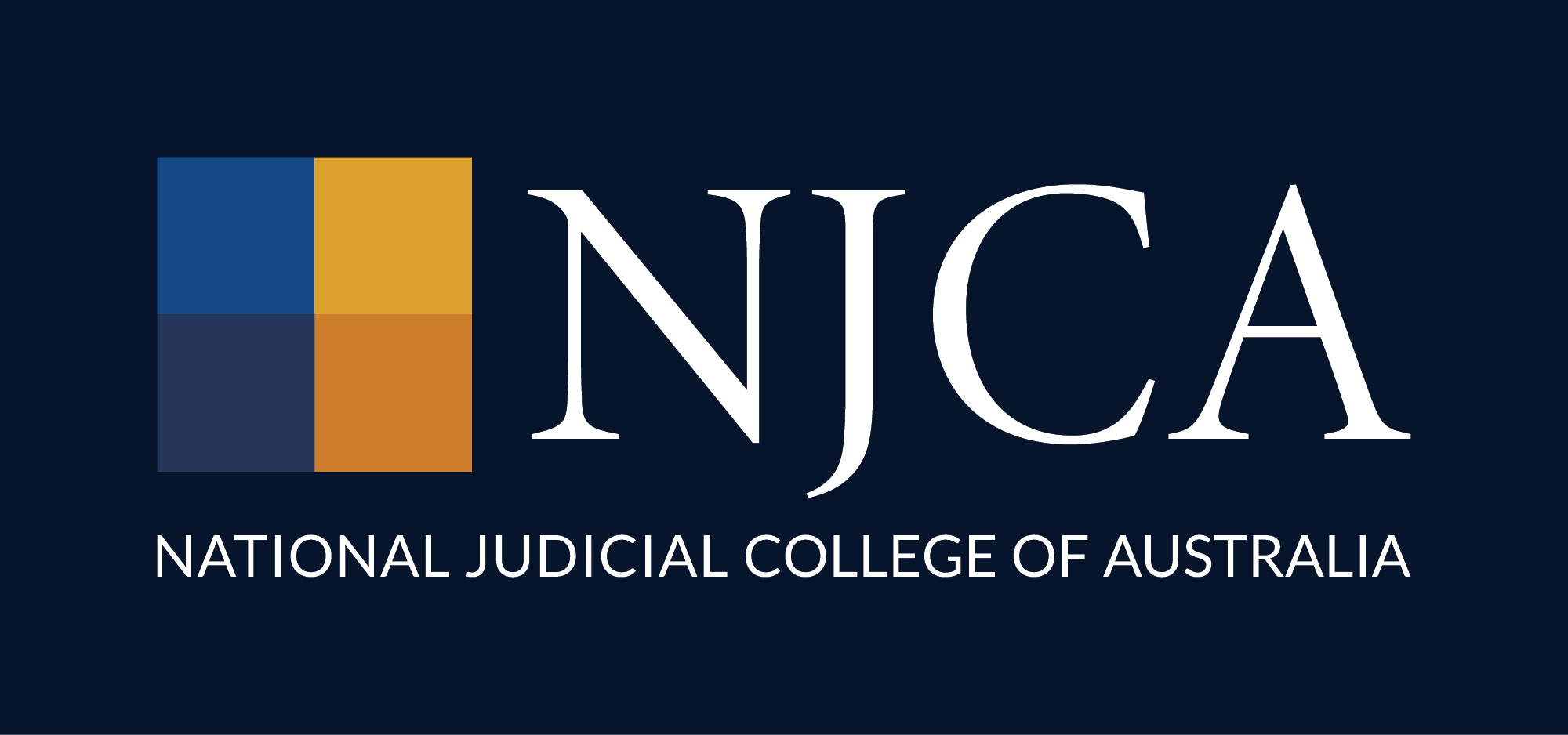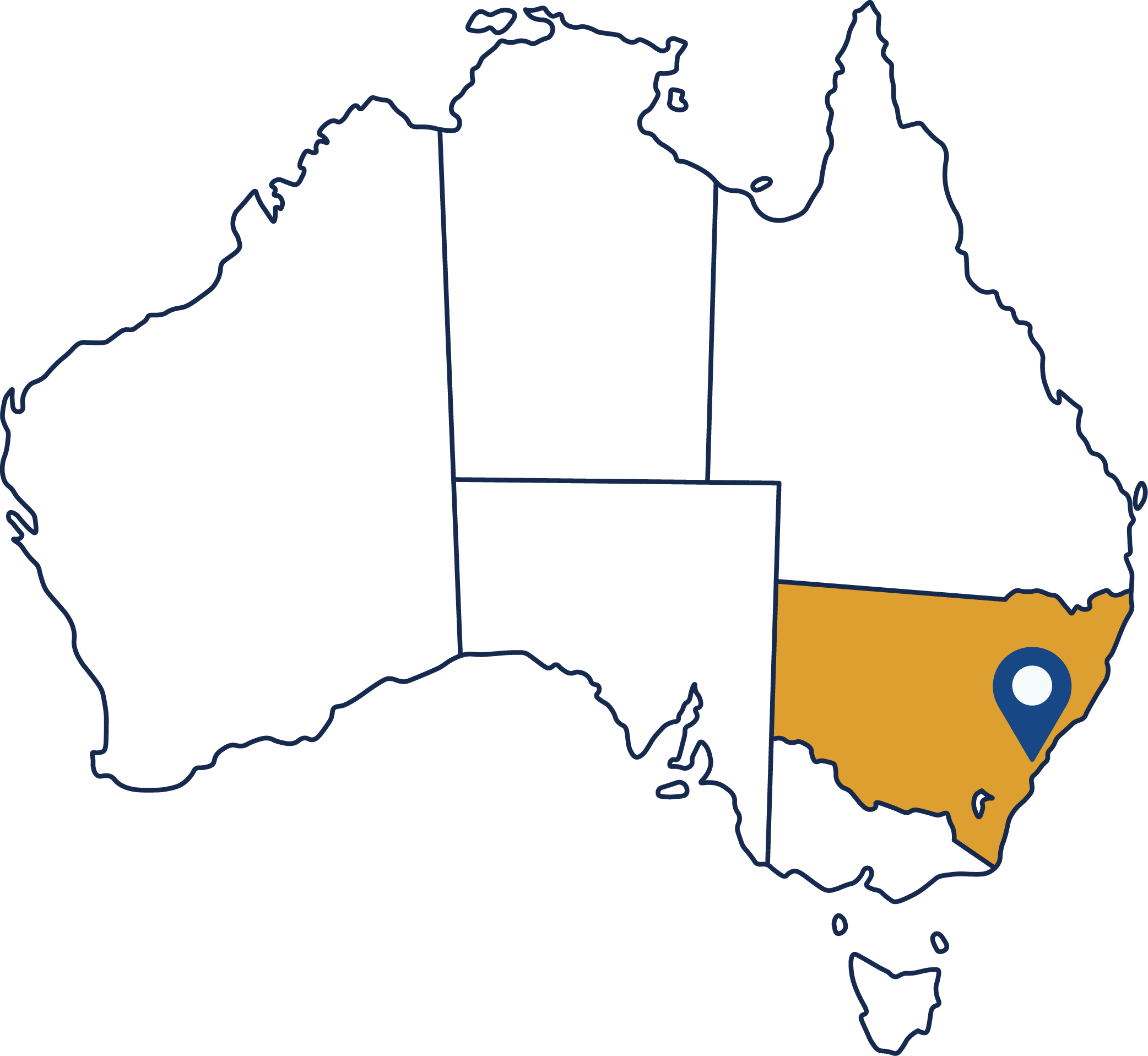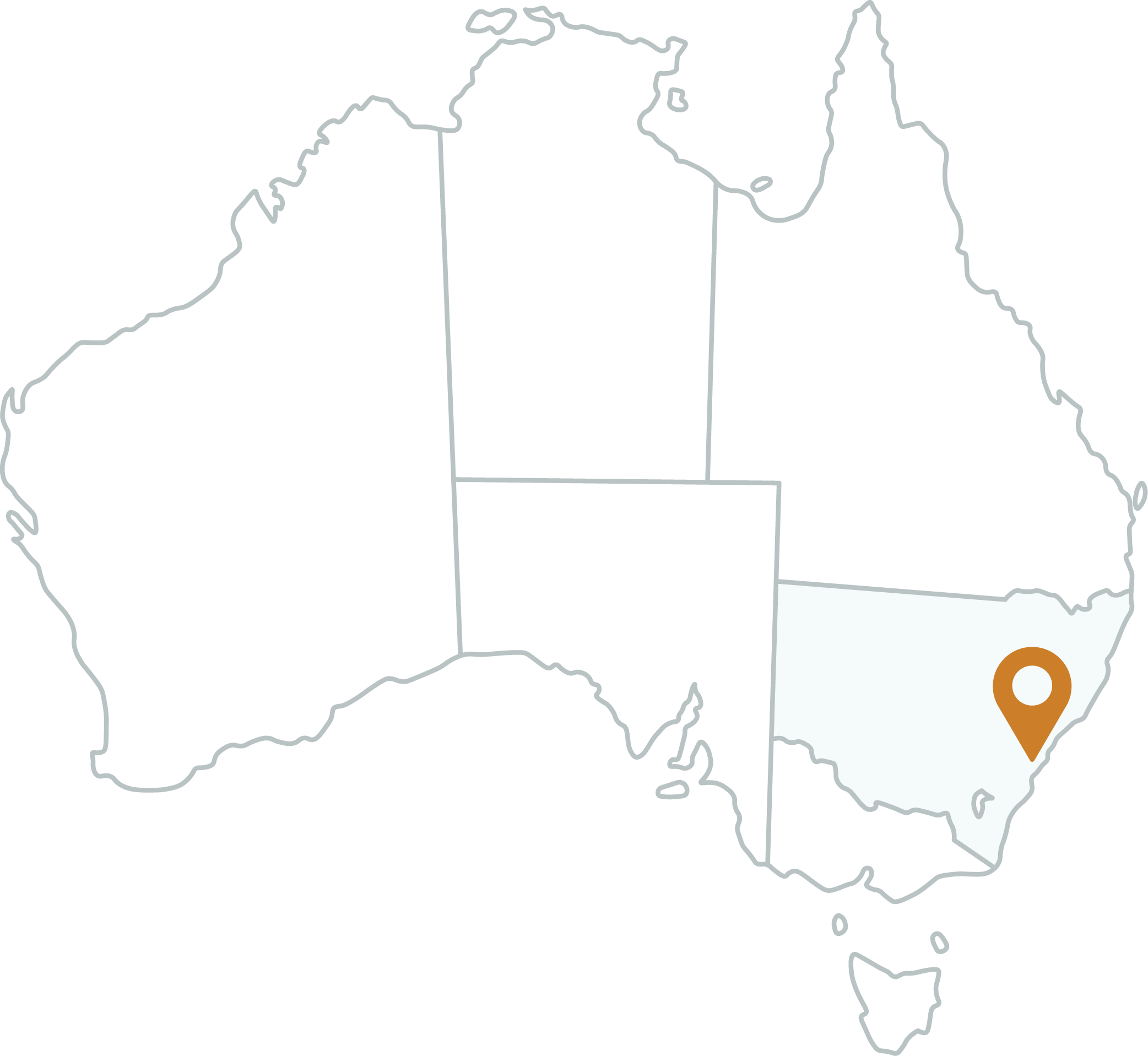10–12 Sep 2025
Sydney
TBA
Judicial Officers
Judicial Officers with Leadership Responsibilities Program.
THIS PROGRAM IS NOW FULL and registration has closed.
The National Judicial College of Australia is pleased to announce the return of our popular national two-day program, Judicial Officers with Leadership Responsibilities. This thought-provoking course is focused on practical outcomes and designed especially for court leaders facing complex environments, contemporary challenges and pressures of internal and external scrutiny.
The focus of this program is on the qualities that a judge, magistrate or tribunal member with leadership responsibilities needs to develop and on their practical application.
The program will encompass experiential judicial learning principles, enhanced by discussion and exchange of experiences between participants.
Why you should attend this program?
The role and responsibilities of judicial leaders are considerable, requiring the management of many relationships, both internal and external. From the role as leader of the court, to functional communications with government, the media and the wider public, there is a myriad of relational responsibilities to respond and navigate between values, relationships and efficiency.
To that end, the program rationale for 2025 is to provide participants, within this context, the opportunity to consider their impact as a relational leader, managing these complex relationships in adherence to the administration of justice values that underpin the judiciary as a public institution.
What will you learn at this program?
There are various aspects to judicial leadership in Australia – administrative or corporate leadership, moral leadership, intellectual or thought leadership, cultural leadership and strategic leadership.
With these aspects in mind, participants will engage with practical leadership knowledge and skills, case studies, role play and group discussions, led by judicial and managerial experts, to ensure that they are well-equipped to build a productive and efficient workplace and manage the reputation of the court as a public institution.
By the end of the program, participants will:
- have an understanding of what makes an effective judicial leader;
- have an understanding of managing complex relational environments;
- be able to unpack their own blind spots and exercise strategies to minimise them;
- be aware of their own leadership strengths and weaknesses and the embodiment of the judicial leadership role;
- be aware of their impact, as a leader, on other members of their court;
- appreciate and apply the skills need to harness influence and to achieve goals;
- understand the leadership principles that sustain a strong court culture and environment;
- have techniques to address the demands of relational management, including an increased awareness of exclusive behaviours and practical strategies to promote inclusive behaviour;
- have an understanding of the contemporary research on judicial stress and well-being and practices that can be adopted to have difficult conversations and to build resilient workplaces;
- have identified leadership strategies and skills for influencing and building relationships with key stakeholders;
- apply leadership skills to foster genuine collegiality and enthusiasm within the court;
- develop personal leadership and management capabilities to make an impact and contribute to the effectiveness of your court; and
- improve people management and performance management to increase productivity while respecting judicial independence.
How will these skills help your court?
The demands of judicial leadership are in part, dictated by the nature, function and size of the court or tribunal being led.
Leadership is critical to creating a culture of confidence, cooperation, respect and participation. It requires the ongoing honing of core competencies for effective leadership and management, building self-awareness, empathy, emotional intelligence and an understanding of personal impact and how to manage change and manage people, all the while dealing with issues fairly using processes that are transparent and fair.
Program inclusions
Flights to and from Sydney and accommodation are not included in the registration fee. Included is programmed catering (formal dinner, morning tea, lunch and afternoon teas) and access to all program materials and resources.
The program commences with a dinner on Wednesday evening (6 for 6:30pm) and finishes on the Friday at 4:30 pm.
Meet your Program Planning Committee











